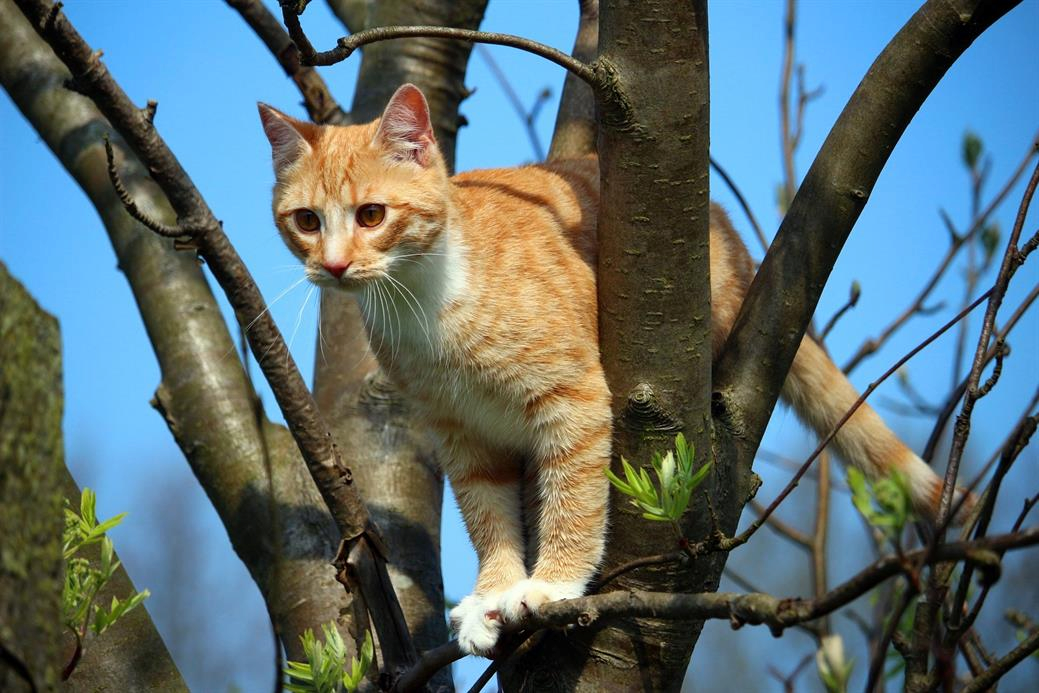Do cats need carbohydrates?

Carbohydrates perform many important functions in cats.
Although carbohydrates are not considered essential nutrients in the diets of cats, and are often considered fillers, carbs do play critical roles in your cat’s body. In particular, carbohydrates provide a highly digestible, readily available energy source.
During digestion carbohydrates are broken down to glucose, the preferred source of energy for certain body cells, including the brain. In addition, the consumption of carbohydrates allows protein to be spared for producing and maintaining body tissue, rather than being used for energy production. In humans, some digestion of carbohydrates begins in the mouth. Cats do not have this oral enzyme, so carbohydrates are only broken down in the small intestine.
Including carbohydrates in pet foods allows more flexibility to create recipes with different nutrient values. This is important for animals requiring less protein or fat in the diet, or for pets requiring specific mineral levels due to a health condition. All cat foods contain a balance of carbohydrates, fats and protein. As an example, decreasing the amount of carbohydrate in a food will increase the fat and/or protein content.
Dietary fibre is a unique type of carbohydrate that cannot be digested by a cat’s enzymes. However, it has many benefits. Fibre can help with weight management, improve digestive health and aid in the control of blood glucose levels.
The shape, texture and density of kibble is dependent on the carbohydrate (starch) content of the food. This is very important, as mouth
feel and the structure of the kibble help to determine palatability, particularly for cats.
Grains are a common source of carbohydrates in cat foods. Examples of grains include oats, barley, rye, corn, rice and wheat. Non-grain carbohydrate sources include pulses (peas, lentils, beans, chickpeas), potato, sweet potato and tapioca.
Written by Dr Jennifer Adolphe PHD Companion Animal Nutrition, Petcurean

